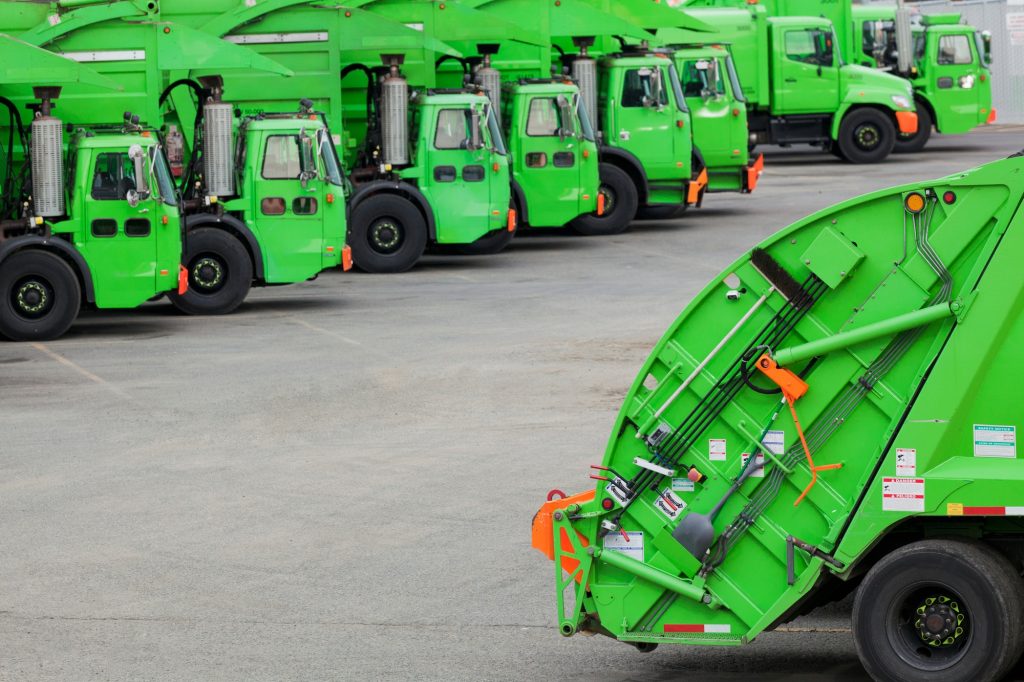Introduction
Whether you’re running a commuter bus service in Harare, a delivery company in Bulawayo, or an agricultural operation in Mashonaland, your fleet of vehicles is a major asset—and a major expense.
Fuel costs, maintenance schedules, breakdowns, driver behaviour, and route planning all affect your bottom line. When these are tracked manually or using disconnected systems, mistakes happen. Delays, fuel theft, duplicate repairs, and missed opportunities pile up.
This is where integrating fleet management into your ERP system becomes a smart, cost-saving solution.
What Is Fleet Management?
Fleet management is the process of overseeing:
- Vehicle maintenance and servicing
- Driver performance and scheduling
- Fuel consumption and efficiency
- Route planning and tracking
- Licensing and compliance
- Accident records and insurance
Traditionally, many Zimbabwean businesses use a mix of notebooks, Excel sheets, or standalone tracking apps for fleet operations. But without integration into accounting, inventory, or HR, this leads to information silos and costly inefficiencies.
What Is ERP Integration in Fleet Management?
An ERP (Enterprise Resource Planning) system unifies different parts of your business into one platform—finance, HR, inventory, sales, procurement, and more.
When you integrate fleet management into your ERP:
- Vehicle costs become part of your accounting and reporting
- Driver wages and fuel purchases sync with payroll and procurement
- Maintenance expenses feed into asset and stock management
- Compliance alerts (e.g. ZINARA, VID, insurance renewals) are automated
This creates one source of truth—allowing your business to monitor, plan, and reduce costs across departments.
How Integration Saves You Money
1. Reduces Fuel Theft and Waste
Fuel costs are one of the biggest expenses for Zimbabwean fleets. Integrated ERP systems:
- Track fuel consumption per vehicle and per trip
- Compare expected vs actual usage
- Highlight discrepancies and possible siphoning
- Send alerts when refuels exceed budgeted limits
Case in Point: A logistics firm in Mutare reduced monthly fuel costs by 18% after ERP integration helped identify over-consumption on certain routes.
2. Improves Maintenance Scheduling
Unplanned breakdowns lead to:
- Downtime
- Missed deliveries
- Emergency repair costs
An integrated system automates:
- Maintenance reminders based on mileage or hours
- Service history tracking
- Automated purchase orders for spare parts
- Asset depreciation tracking
This extends the life of your vehicles and reduces unplanned expenses.
3. Tracks Driver Performance and Safety
Drivers affect costs through:
- Fuel usage
- Speeding and fines
- Accidents and insurance claims
- Delivery delays
Integrated systems:
- Monitor driver behaviour through GPS and telematics
- Record violations and accidents into HR records
- Support incentive systems for safe and efficient driving
This reduces insurance premiums and improves operational safety.
4. Optimizes Route Planning and Delivery
Manual routing is inefficient, especially with:
- Zimbabwe’s unpredictable traffic
- Road conditions
- Load variations
ERP-connected fleet systems offer:
- Real-time route optimisation
- Geo-fencing alerts
- Estimated delivery times
- Reduced backtracking and empty returns
This saves fuel and time while improving customer satisfaction.
5. Automates Compliance and Licensing Alerts
Staying compliant with:
- ZINARA vehicle licenses
- VID inspections
- Driver permits
- Insurance renewals
…can be a nightmare if tracked manually.
ERP integration helps:
- Set expiry reminders
- Automate alerts to management
- Generate documentation for audit readiness
Avoiding just one VID fine or operating without a valid license can save you thousands of dollars.
6. Provides Accurate Cost Reporting Per Vehicle
An ERP can break down:
- Fuel
- Maintenance
- Driver wages
- Insurance
- Tyres and spare parts
…for each vehicle in your fleet.
This helps you:
- Identify costliest vehicles
- Decide when to repair vs replace
- Allocate costs to projects or departments accurately
7. Streamlines Asset Management and Depreciation
Vehicles are capital assets. ERP integration helps:
- Track purchase history
- Record depreciation for accounting
- Plan replacements based on cost trends
This improves your financial reporting and long-term budgeting.
Local Example: Integration in Action
Case Study:
A courier company in Harare was using three different systems: one for accounting, one for tracking, and one for HR. Nothing was integrated. Drivers claimed overtime that didn’t match trip logs. Fuel usage didn’t reconcile with deliveries.
After integrating fleet management into their Odoo ERP system:
- Driver timesheets linked with GPS data
- Fuel usage reports were matched with expense claims
- Vehicle maintenance schedules generated automatic purchase orders for parts
- HR could track performance issues tied to specific drivers
They saved over US$6,000 in three months through reduced fuel fraud and improved delivery efficiency.
Which ERPs Support Fleet Integration?
Popular ERP systems that support or integrate with fleet modules:
- Odoo (built-in fleet management app)
- SAP Business One (with third-party fleet connectors)
- Zoho Creator + Zoho Books (custom-built fleet modules)
- Sage 300 (with local fleet add-ons)
- Microsoft Dynamics (enterprise level)
You can also integrate GPS tracking providers like Dandemutande, SafeTrack, or TelOne Vehicle Tracker into ERP dashboards using APIs.
Getting Started: What You Need
- IT Audit: Assess your current systems, internet connectivity, and hardware.
- Fleet Data Inventory: Number of vehicles, drivers, fuel usage, service records.
- Choose ERP System: Pick one that supports fleet, accounting, HR, and procurement.
- Integration Plan: Engage a local ERP consultant to design and deploy the solution.
- Training and Policy: Train staff, drivers, and mechanics on new processes and systems.
Conclusion
Managing your fleet without integration is like driving without a dashboard. You’re in motion, but blind to the risks and costs.
By connecting your fleet operations to your ERP system, you gain:
- Visibility
- Control
- Efficiency
- And most importantly—savings
Whether you operate 3 delivery vans or 300 buses, automation can reduce your costs and keep your vehicles moving.




